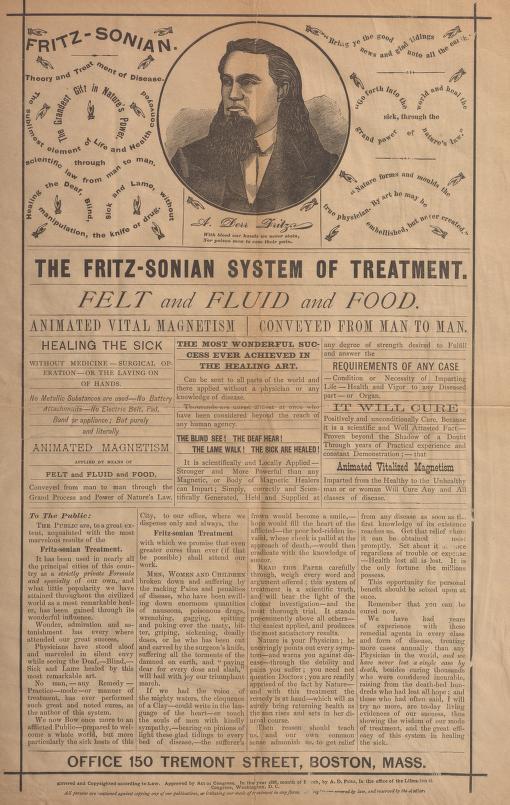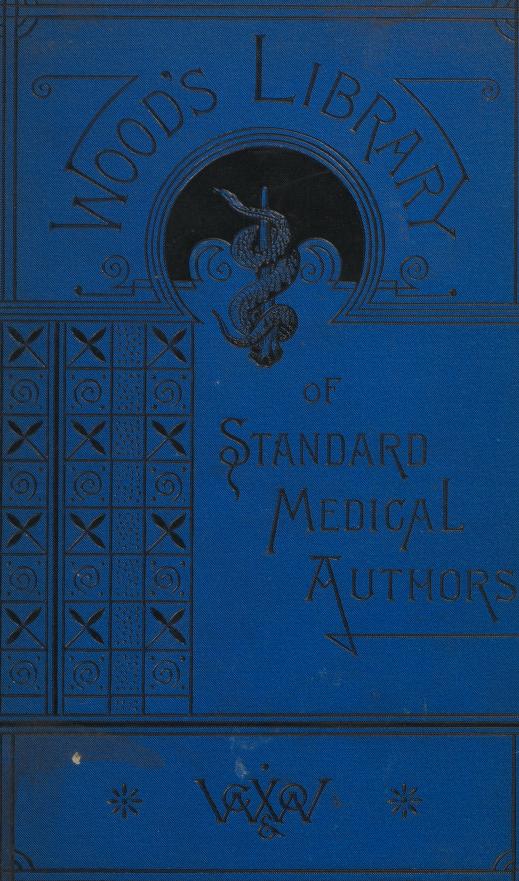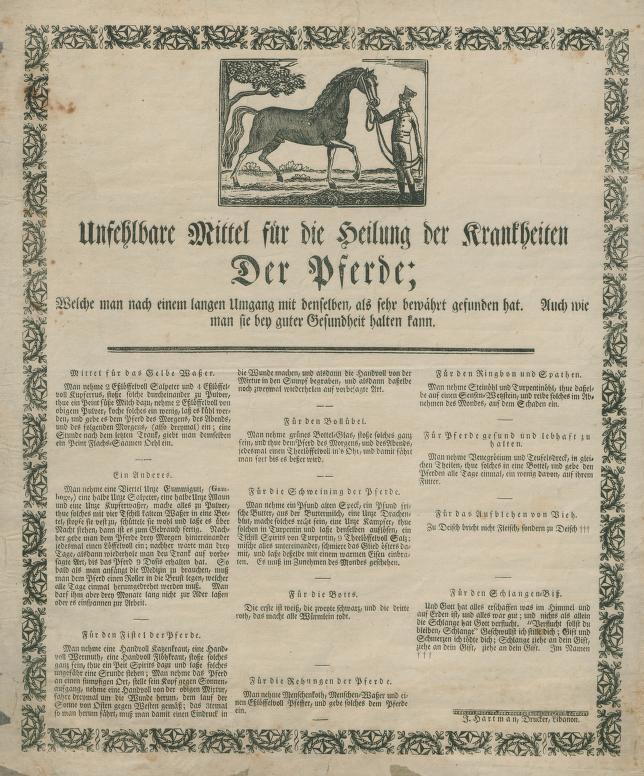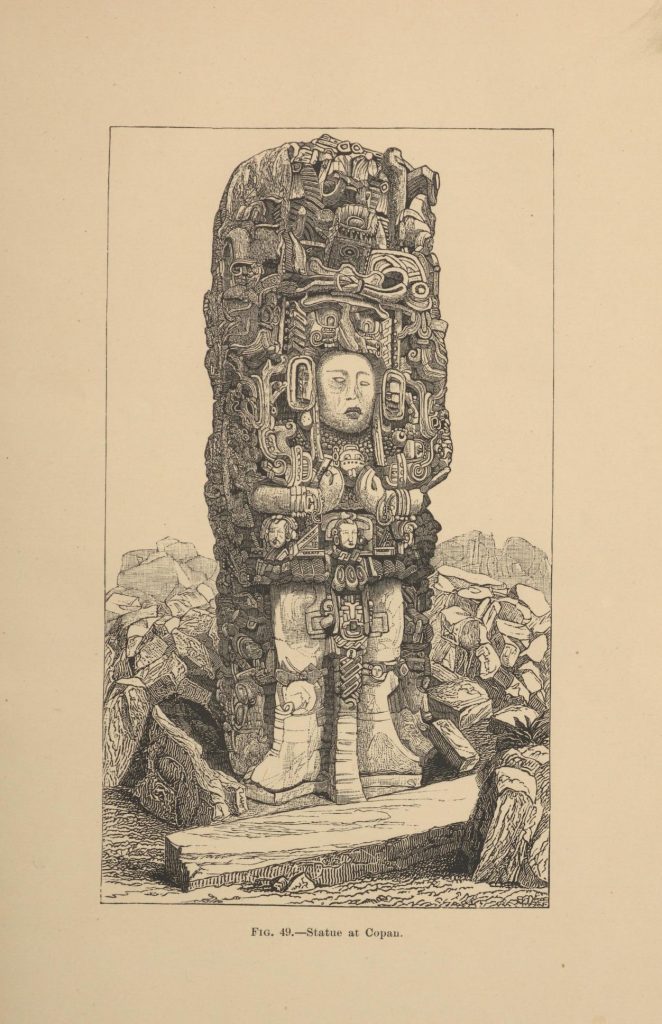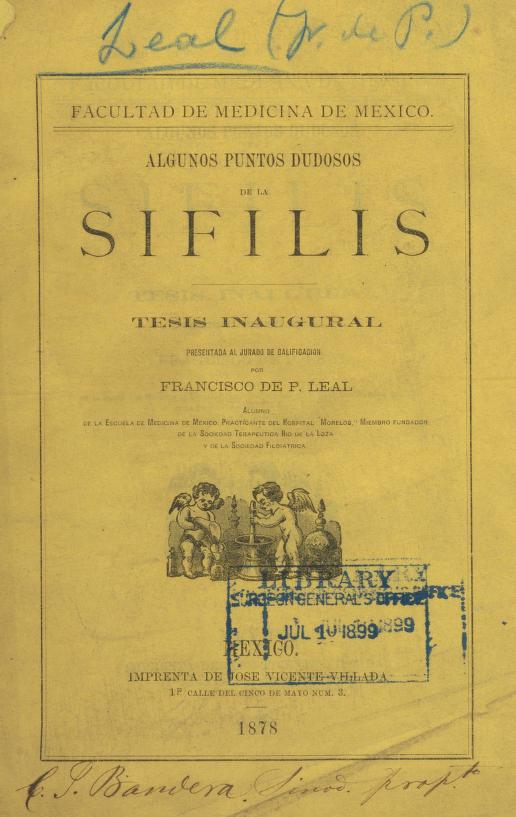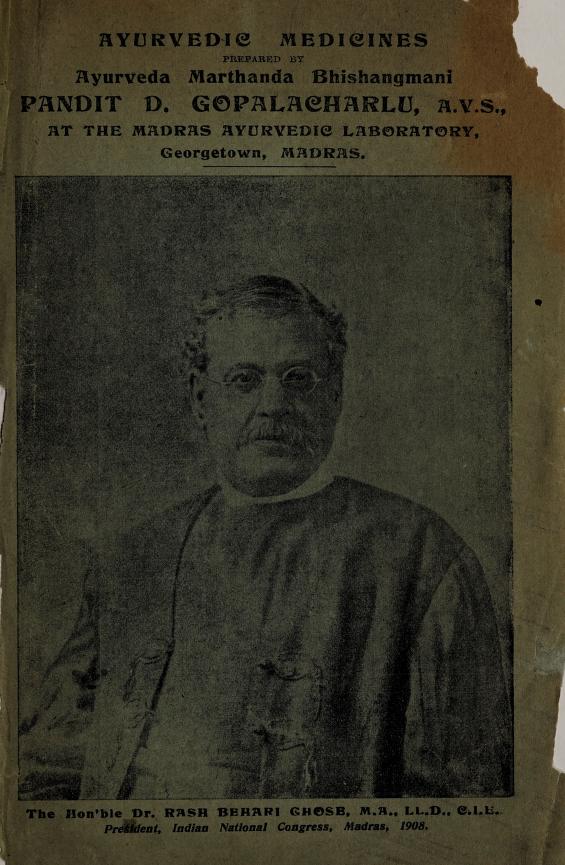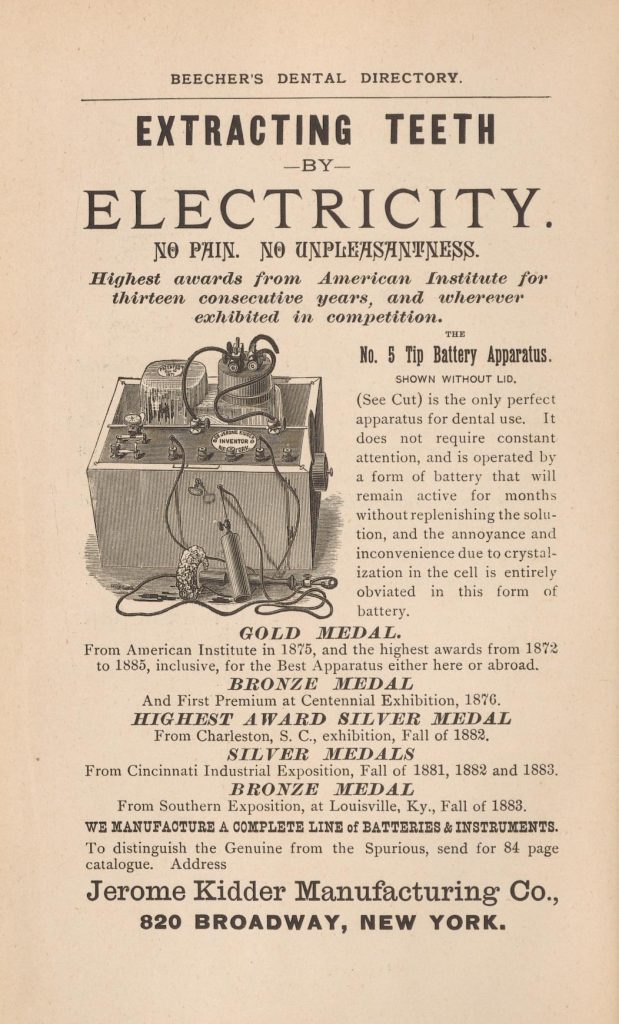Closure Announcement
After fifteen years of dedicated service and collaboration, it is with heavy hearts that we announce the closure of the Medical Heritage Library, Inc. effective June 30, 2024. Over the years, our organization has been committed to digitizing the holdings of some of the world’s leading medical libraries and promoting free and open access to quality historical resources in medicine and health. We encouraged innovation and promoted opportunities for knowledge-sharing across a broad, interdisciplinary constituency.
We are immensely proud of the impact we have made together in partnership with our professional community of librarians, archivists, and historians. Together, we digitized 355,872 rare books and historic American medical journals, including nearly 50 State Medical Society journals. Our efforts have contributed to the accessibility and preservation of invaluable resources for teaching and learning, including primary source sets and reference shelves on Anti-Black Racism in Medicine, Disability Studies (Disability; Disability, Music Technology, and Education, and Disability Technologies), Influenza, LGBTQUIA+, Tuberculosis, and the History of Vaccines. Our educational sessions promoted the digital humanities and methodologies to enable responsible access to historical health information, and encouraged the public to connect their experiences of healthcare to the past to create a more informed and equitable future.
Founded in 2010, current members of the Medical Heritage Library include The Cushing/Whitney Medical Library at Yale University, the Francis A. Countway Library of Medicine, Harvard University, the National Library of Medicine, Osler Library of the History of Medicine at McGill University, UCSF Library, and Wellcome Collection. Previous Medical Heritage Library institutional members include The Bibliothèque interuniversitaire de Santé (Biu Sante), The College of Physicians Philadelphia, Columbia University, the Gerstein Science Information Centre, University of Toronto, the Health Sciences and Human Services Library, University of Maryland, The New York Academy of Medicine, and The Alan Mason Chesney Medical Archives of the Johns Hopkins Institutions. We want to recognize and thank all of our partners, our user community, and our many funders, including the Alfred P. Sloan Foundation, the Andrew W. Mellon Foundation, the Council on Library and Information Resources, and the National Endowment for the Humanities. We also thank the Internet Archive for its continued commitment to hosting, preserving, and making freely accessible Medical Heritage Library content.
The Medical Heritage Library’s collection will continue to be available in the Internet Archive and conference videos will remain posted on YouTube. Audiovisual materials, records, and (to the extent possible) social media of the Medical Heritage Library, will be archived at the Center for the History of Medicine, Countway Library, Harvard Medical School, which will make the MHL’s website available via its Archive-It Collection. In the coming weeks, we will be working diligently to ensure a smooth transition and to responsibly conclude our operations. If you have any questions or concerns, please do not hesitate to reach out to us at medicalheritage@gmail.com.
Thank you for your many years of support.
We are, with gratitude,
Polina Ilieva, President, University of California San Francisco
Melissa Grafe, Treasurer, Yale University
Emily R. Novak Gustainis, Governance, Harvard University
Christy Henshaw, Governance, The Wellcome Collection
Beth Lander, Immediate Past President, Philadelphia Area Consortium of Special Collections
Krista Stracka, Governance, National Library of Medicine
Mary Hague-Yearl, Governance, McGill University









